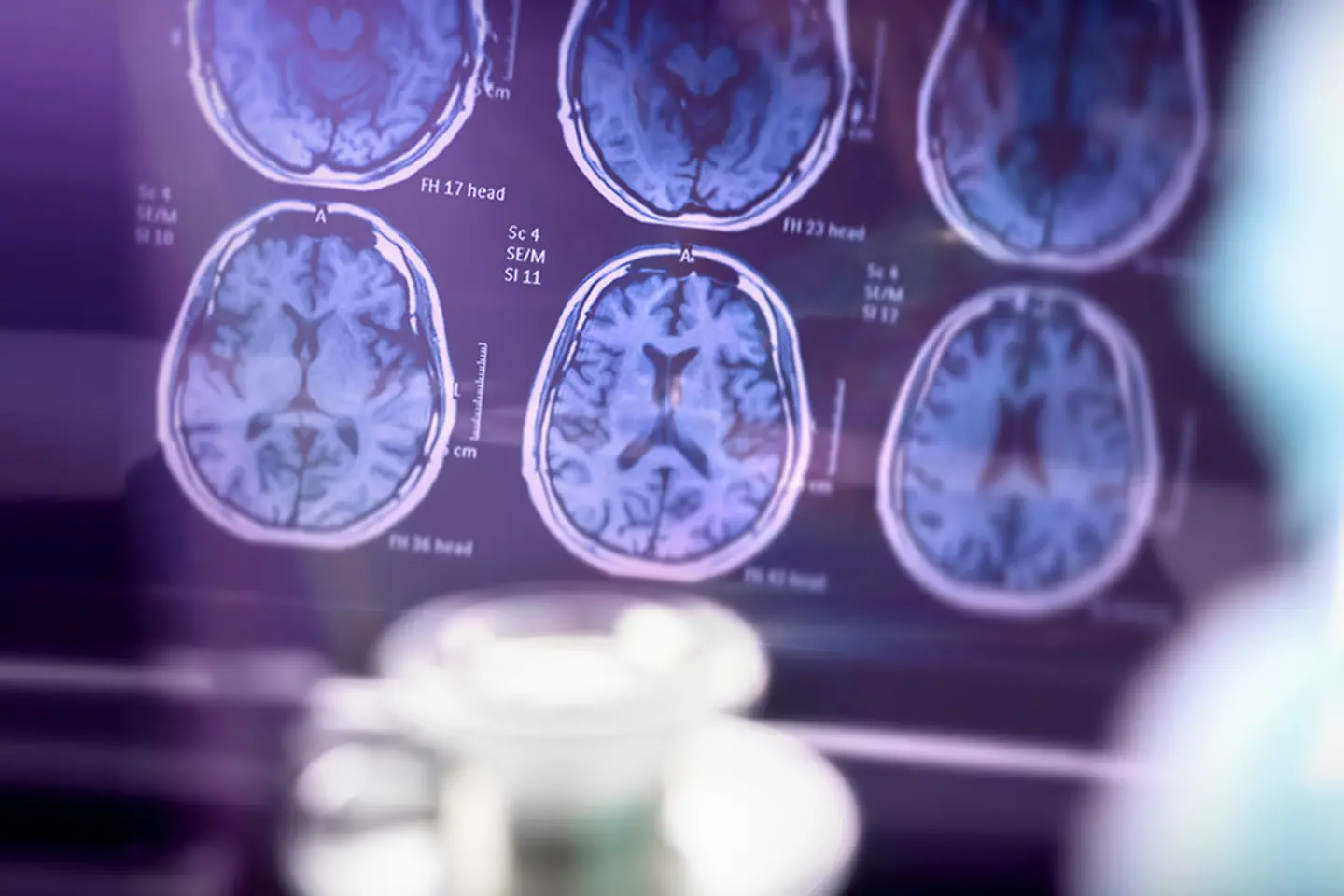

Doctors in practices and clinics record ECGs (electrocardiograms). They then send these in a machine-readable format to the service team at apoplex medical technologies. The stroke risk analysis software (SRA®) analyzes the ECG in minutes and identifies any signs of episodic atrial fibrillation. This is an important indicator of the risk of stroke. Atrial fibrillation is detected three times faster and twice as frequently than using the classical method. Nevertheless, two million people in Germany suffer from this kind of atrial fibrillation. In half of these people, the condition has not yet been identified, as they do not experience any symptoms. With the software from apoplex, doctors can identify people at risk of stroke very early on and introduce appropriate preventive measures – before a stroke occurs.
In this way, apoplex medical technologies can market their service across Europe. All users need is secure internet access and they can then deliver the data to the Telekom data center in Magdeburg and Biere, Germany. There, a secure analysis is carried out in minutes. Doctors receive the result shortly after entering their data. The processes remain quick – even when additional users access the service. The modern platform makes this possible through server capacities that adapt automatically to demand. And the health service provider only has to pay for what they use.
But at the same time, both apoplex medical technologies and the doctors using the platform have the security of knowing that the data is processed in line with all of the strict applicable regulations in Germany. Performance and sustainability combined with a clear conscience. On this basis apoplex medical technologies is becoming an innovator in the health sector and is showing that medical services and the public cloud do not have to be in conflict with one another. “Telekom is a solid and well-known cloud partner for us that both we and our customers can trust,” Alpert Hirtz summarizes.
Certified medical support from the cloud – this is innovation at its finest. The Telekom Healthcare Cloud from T-Systems connects modern technology with the fulfillment of all guidelines in the health sector.
Albert Hirtz, CEO of apoplex medical technologies
In future, the team wants to offer its service across Europe and also ensure complete scalability with regard to demand: “We also want to guarantee low response times and a good user experience during periods in which many hospitals or practices need to analyze ECGs at the same time”, explains Albert Hirtz, CEO of apoplex. In addition, the experts have already updated the software regarding microservices and container implementation. On the application level, the weaknesses in scalability and expansion have been solved by these updates. However, the existing classic operational platform based in a local data center cannot keep up. The solution lies in the public cloud. But is a public cloud for medical products even possible?
American hyperscalers may offer excellent technical conditions for the expansion of the “European footprint” and scalability. But they are not authorized for the operation of medical products. They fulfill neither the basic data protection guidelines, such as the European GDPR (General Data Protection Regulation), nor the additional regulatory requirements of the penal and social codes.
Consequently, the only solution for apoplex medical technologies was to use a European public cloud that fulfilled European data protection standards for the operation of its SRA software. The company chose the Telekom Healthcare Cloud. This is supported by the Open Telekom Cloud, which wins additional points for being approved for use under §203 of the German Penal Code (StGB), meaning people with a duty of professional secrecy like doctors can use it without issue. The processing of social data is permissible under §67 of the German Social Code (SGB). The cloud-native application is operated in a fail-safe way on a cluster of virtual machines in the Open Telekom Cloud. The infrastructures adapt to demand on the application. If many users access the service, the cloud automatically starts new machines or shuts them down where needed. The object storage for storing ECGs and analysis data also increases the more the application is used. As a result, analyses are always available in retrospect.